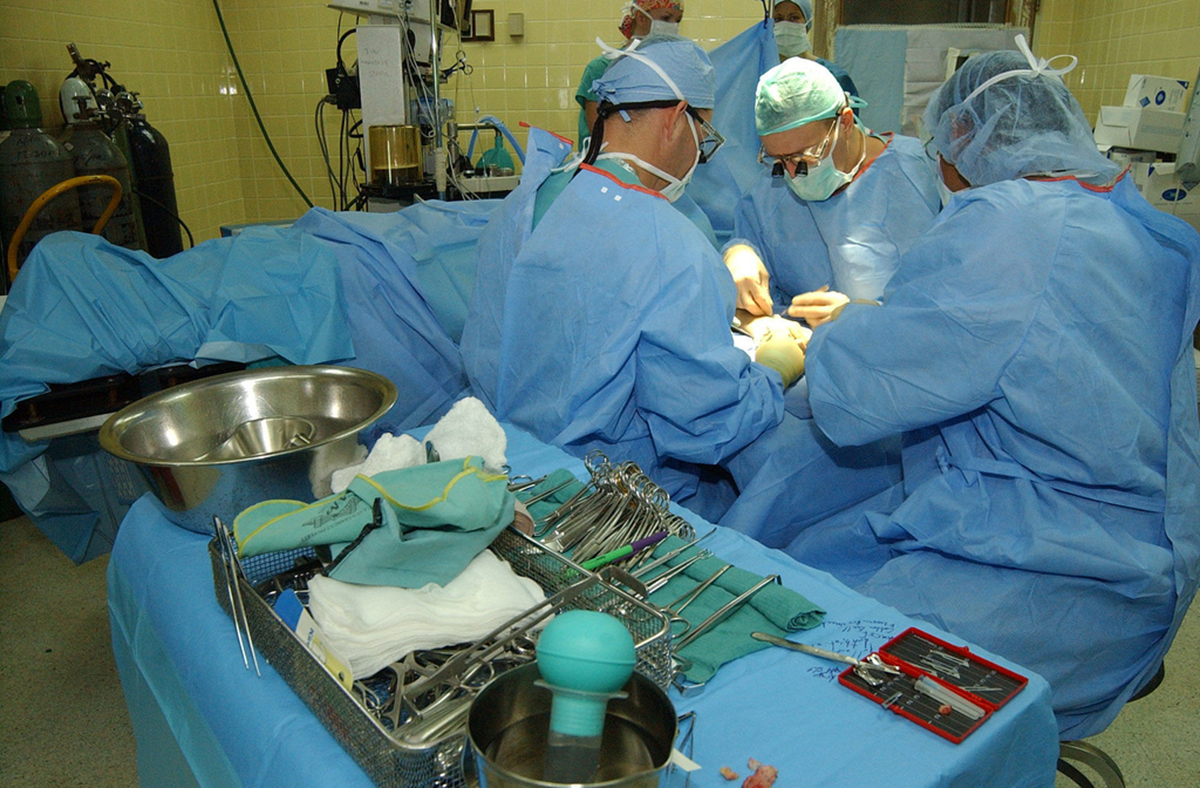Table of Contents
The schedule for an orthopedic surgeon can involve around 50–55 hours of work per week. This time is divided among attending clinics, performing surgery, administrative duties and possibly teaching and/or research if in an academic setting. There are orthopaedic surgeons in private practice who also perform research using their own patients in order to determine what the long-term outcomes are in these patients.
The rest of this article will focus on the daily work done by an orthopaedic surgeon, in general.

Monday
Mondays are usually reserved to organise the orthopaedic surgeons week. Therefore, this is more of an administrative day in order to go through which patients are booked for procedures for the week, noting when meetings with reps, hospital management, etc. are scheduled and to also make sure that the mornings after being on call (seeing emergency cases after hours) aren't too busy.
On Monday morning, the orthopaedic surgeon will visit patients they have in the hospital in order to follow up with them and give further instructions regarding management to the nursing staff. Afterwards, the doctor will begin consulting patients for the day and either manage them conservatively or medically, or decide if they will need further surgical intervention. These patients will therefore be booked for surgery on the scheduled surgical days.
Tuesday
Tuesdays will usually be reserved as a full surgical day. This means that the entire day is booked out to perform surgical procedures. Depending on the list, this day can be quite long and the specialist can be busy for a substantial time after the work day is done.
The morning may consist of performing joint replacement surgeries as they take longer and require more concentration from the doctor in order to have better outcomes. The afternoon will then consist of starting to perform arthroscopic work which can include rotator cuff repairs of the shoulder, cruciate ligament repairs in the knee and dealing with CAM lesions in the hip. The late afternoon will consist of work that tends to be quicker such as arthroscopy of the knees to deal with meniscus pathologies. At the end of the list, the orthopaedic surgeon may have a septic case that needs debridement. These cases are reserved for this time of the day as the operating theatre will then have to be sterilized and no further procedures may be performed.
Once the list is completed, the orthopaedic surgeon will visit the patients that have been operated on for a post-surgical consultation, as well as any other patients they may have in the hospital.
Wednesday
Wednesday mornings are also reserved for seeing patients in the wards and performing surgery. The specialist will usually perform 1-2 arthroplasties and 1-2 arthroscopies.
The afternoon will then be reserved for going to meetings and also for training of students, if they are involved with the academic setup of the orthopaedic department of the university. Private orthopaedic surgeons may use this afternoon for seeing further patients, performing further administrative tasks or working on a research article.
Thursday
Thursdays are very similar to Wednesdays as the morning also involves consulting hospital patients and performing surgeries, and the afternoon is used for the same purpose as mentioned above. The afternoons can be interchanged or used exclusively as one day for seeing patients and the other day for academic purposes or training.
READ Shape-Up Shoes: Do They Tone Your Body? Do They Stop Orthopedic Pain?
Friday
Friday mornings can be quieter than the rest of the week, especially if the orthopaedic surgeon was on call for the hospital the night before. The doctor will begin the day by consulting with patients that were operated on the previous night and patients who are still in hospital. The orthopaedic surgeon will then hand over the management of the patients they have to the specialist who will be on call for the weekend, if it's not them.
The afternoon will then be used to finalise any unresolved or pending administrative issues. The doctor will tie up any loose ends that need to be dealt with and then end their work week.
Weekends
Every couple to few weekends, depending on how many other orthopaedic surgeons are available, one of the specialists will be on call for the hospital for the entire weekend.
If needed, the orthopaedic surgeon will be consulted by primary care and emergency doctors during this time. Patients will be seen by the specialist and further management will be initiated where necessary. Emergency cases can include closed and open fractures, dislocations and severe soft tissue infections.
- en.wikipedia.org/wiki/Orthopedic_surgery
- Photo courtesy of armymedicine: Photo courtesy of Shutterstock.com


Your thoughts on this